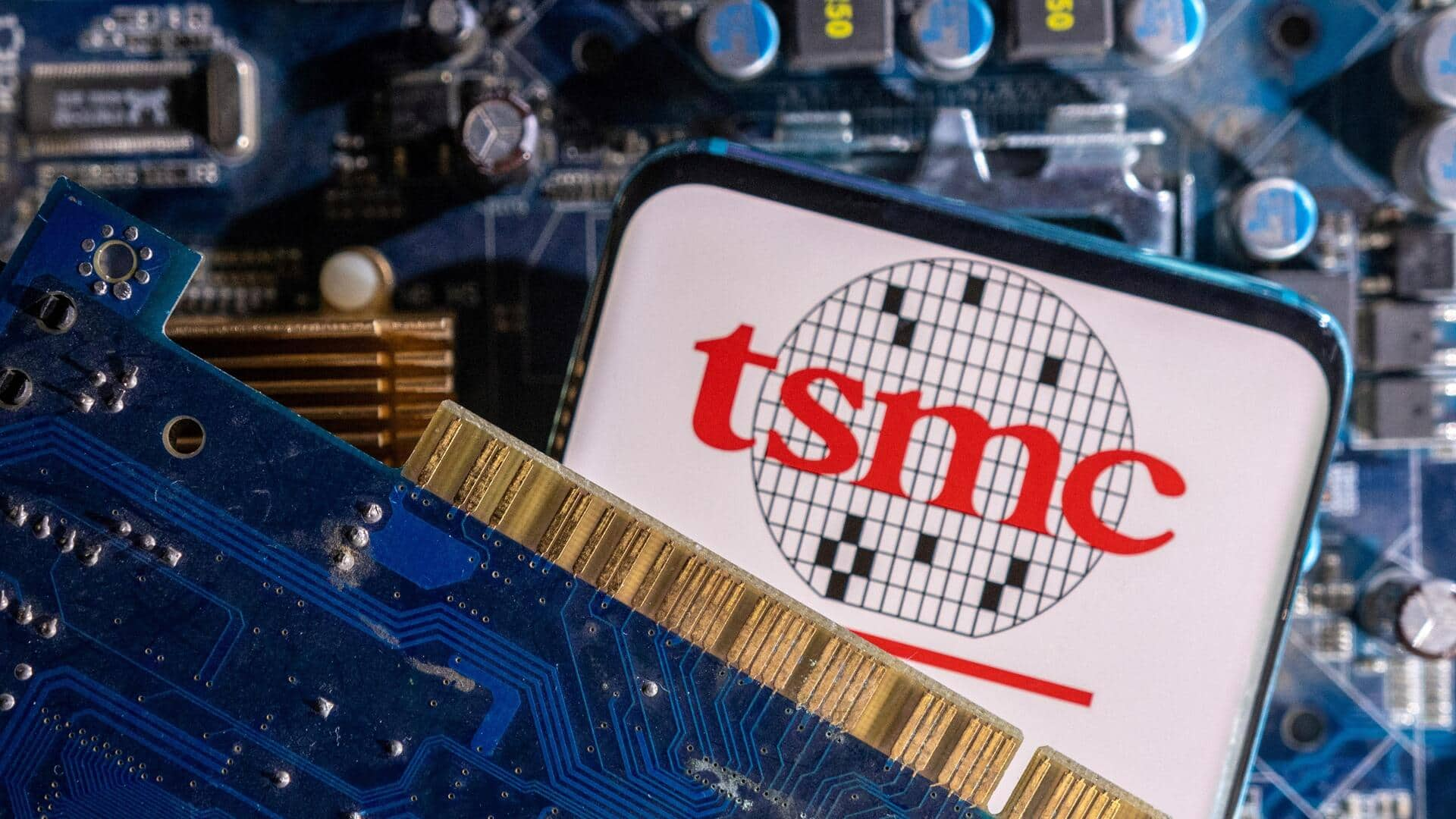
TSMC boss says AI chip shortage to continue until 2025
What's the story
C.C. Wei, CEO of TSMC, has projected that the supply-demand equilibrium for advanced chips will not be met until 2025 or 2026.
Despite high customer demand, TSMC is working diligently to boost supply.
"I hope in 2025 or 2026 we can reach the balance," Wei stated during the company's Q2 2024 earnings call.
This prediction contrasts with former chairman Mark Liu's earlier forecast that AI chip shortages would end by 2024.
Production challenges
Packaging capacity remains a bottleneck, TSMC doubles CoWoS
Wei confirmed during the earnings call that the issue with AI chip shortages is not with the chip itself but its packaging.
The Chip-on-Wafer-on-Substrate (CoWoS) packaging capacity, which connects processors to high-bandwidth memory (HBM), continues to be a bottleneck.
However, TSMC has more than doubled its CoWoS capacity from last year and could potentially double it again next year.
This information provides a contrast to Liu's previous clarification in September 2023 regarding the cause of AI chip shortages.
Expansion plans
TSMC collaborates with overseas partners to address shortage
To tackle the ongoing chip shortage, TSMC is partnering with overseas entities to increase supply and support customers.
The company is building plants in Arizona, US, and Kumamoto, Japan, funded by government subsidies or partner investors.
Despite recent comments from US Republican presidential candidate Donald Trump suggesting Taiwan should "pay" US for its defense, Wei stated this wouldn't affect TSMC's plans.
"So far, we did not change any of our original plan of expansion of our overseas fab," Wei said.
Financial performance
TSMC's Q2 revenue surpasses estimates, plans for future production
TSMC's Q2 revenue rose by 40.1% year-on-year (YoY) to NT$673.51 billion, exceeding estimates.
The gross margin for the quarter was 53.2%, operating margin was 42.5%, and net profit margin was 36.8%.
Looking ahead, TSMC plans to begin mass production of its advanced 2nm chip in the second half of 2025, with the A16 following a year later. A16 is an advanced process to develop 1.6nm chips.